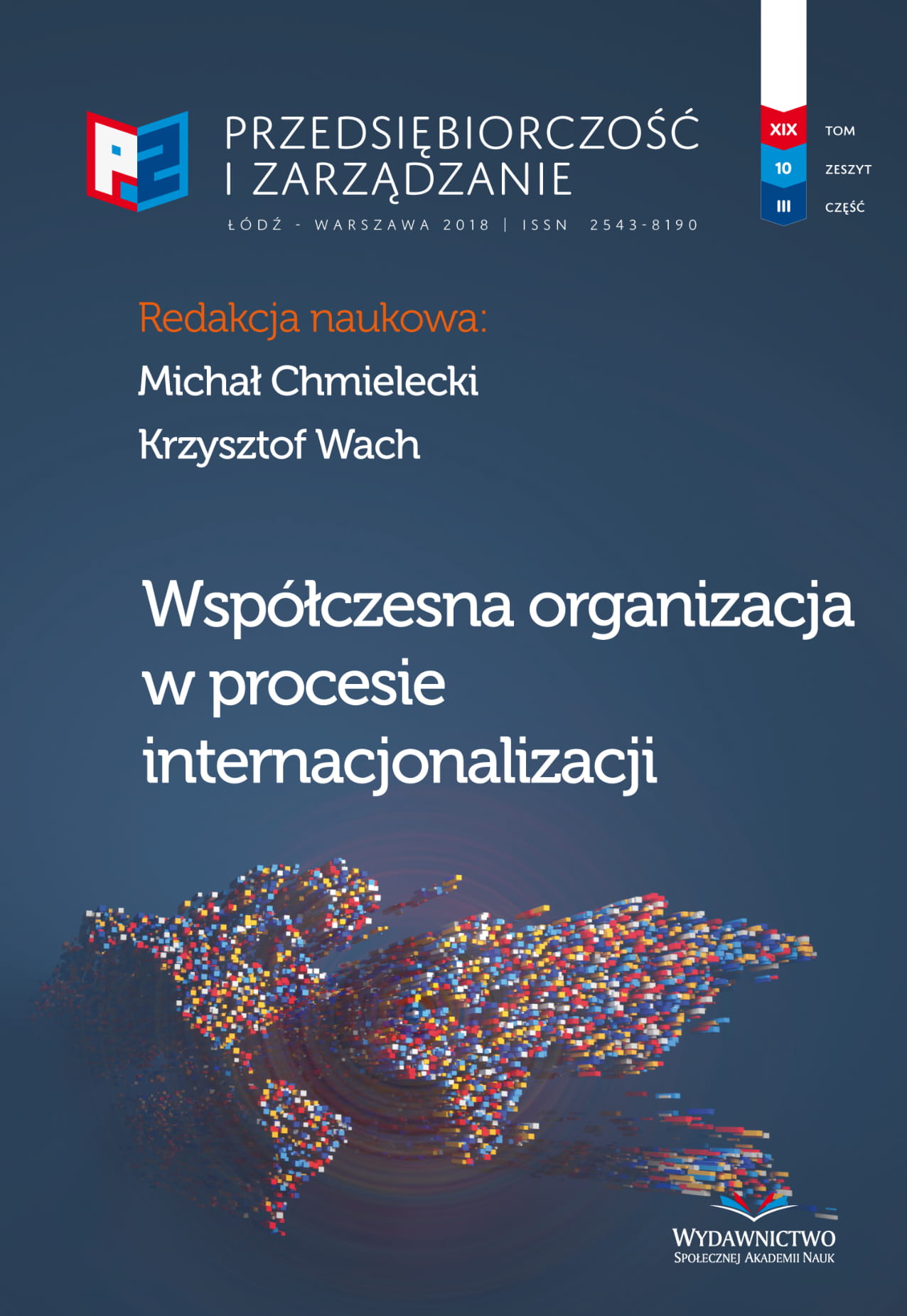Specific Trade Concerns Regarding the Application
of Sanitary and Phytosanitary Measures by WTO
Countries – the European Union’s Perspective
Specific Trade Concerns Regarding the Application
of Sanitary and Phytosanitary Measures by WTO
Countries – the European Union’s Perspective
Author(s): Agnieszka HajdukiewiczSubject(s): Economy, Supranational / Global Economy, Business Economy / Management, Business Ethics, Transport / Logistics
Published by: Społeczna Akademia Nauk
Keywords: specific trade concerns; sanitary and phytosanitary measures; WTO; European Union; international trade; agri-food products
Summary/Abstract: The main aim of this paper is to examine and discuss major trade concerns over the application of sanitary and phytosanitary measures (SPS) by WTO member countries, with the particular emphasis on the European Union’s SPS issues. While SPS measures are the key elements in the system of protection of life and health of people, animals and plants, numerous specific trade concerns (STCs) formally raised to the WTO, show that these measures are often considered to be overly restrictive and inconsistent with the provisions of the SPS Agreement. The analysis, based on the data retrieved from the SPS Information Management System of the WTO, revealed that both developed and developing countries play a significant role notifying specific trade concerns, with developing country notifications increasing faster. The European Union is active both as a party raising the SPS issues and maintaining the measures questioned by trade partners. The conducted analysis of specific trade concerns helps to identify measures related to the EU’s trade in agri-food products, which very likely constitute a tool of trade protectionism. Thus, the results have practical implications for governments and the EU’s decision making bodies that can undertake actions to remove unjustified barriers as well as for the companies that need to take into account the existing SPS requirements in their foreign markets entry strategies.
Journal: Przedsiębiorczość i Zarządzanie
- Issue Year: 19/2018
- Issue No: 10.3
- Page Range: 167-180
- Page Count: 14
- Language: English

